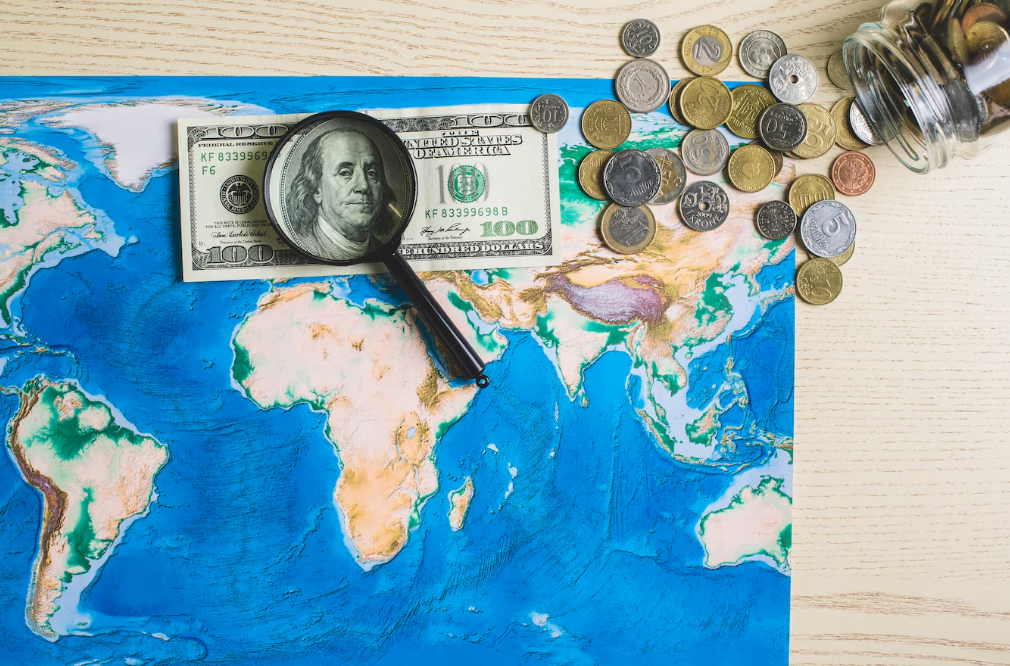In a bold economic move aimed at revitalizing Nigeria’s struggling economy, President Bola Ahmed Tinubu has formally requested approval for $24 billion in foreign loans. The loan, if approved by the National Assembly, will be channeled into major infrastructure, healthcare, and agricultural development projects across the country.
The proposal was submitted under the 2024–2026 External Borrowing Plan, part of the administration’s wider reform strategy to stimulate economic growth, attract investment, and tackle rising poverty. According to government officials, the funds are expected to come from multilateral and bilateral lenders, including the World Bank, African Development Bank (AfDB), and Islamic Development Bank (IsDB).
Why This Loan Matters
President Tinubu’s loan request arrives at a critical juncture for Nigeria. The country is grappling with:
-
Decaying infrastructure
-
Healthcare system inadequacies
-
Food insecurity exacerbated by climate change
-
A youth unemployment rate of over 40%
-
Rising debt service costs, which consumed more than 90% of government revenue in 2023
The administration argues that external borrowing, if tied to productive projects, can stimulate long-term growth and reduce reliance on oil revenues.
“We cannot build a modern economy without world-class infrastructure and human capital,” said Minister of Finance Wale Edun, defending the loan proposal. “This loan will finance legacy projects that can unlock jobs, enhance productivity, and attract private-sector investment.”
Planned Areas of Investment
According to sources in the Ministry of Budget and Economic Planning, the $24 billion loan will be allocated to:
-
Transportation: Modernization of road networks, rail lines (such as the Lagos-Kano corridor), and port facilities to ease logistics and promote trade.
-
Power Sector: Support for renewable energy projects and grid expansion to tackle Nigeria’s chronic electricity shortages.
-
Healthcare: Construction and equipment upgrades of federal hospitals and rural health centers to improve access and reduce medical tourism.
-
Agriculture: Investment in irrigation, storage, and mechanization to boost local food production and reduce dependency on imports.
These sectors are critical to achieving the targets set in the Renewed Hope Agenda Tinubu’s economic blueprint which emphasizes inclusive growth, job creation, and sustainable development.
The Debt Debate: Can Nigeria Afford It?
While the government insists the loan is essential, critics warn about Nigeria’s mounting debt profile, which has raised alarms domestically and abroad. As of early 2025, the country’s public debt stood at ₦97 trillion (about $108 billion), with a significant portion owed externally.
The Debt Management Office (DMO), however, clarified that Nigeria still remains within the internationally accepted debt-to-GDP ratio threshold of 40%, currently hovering around 37%.
“Borrowing isn’t the problem,” notes Dr. Akinwumi Adesina, President of the African Development Bank, “It’s what you use the money for. Productive debt is sustainable debt.”
The government has promised transparency, accountability, and efficient use of the borrowed funds, an assurance many Nigerians hope will translate to tangible improvements in their daily lives.
What It Means for Nigerians
For everyday Nigerians, the loan proposal signals both hope and caution. On one hand, improved infrastructure and public services could bring relief in areas long neglected. On the other hand, citizens are worried about whether the funds will be properly managed, especially amid lingering concerns about corruption and misappropriation.
The National Assembly is expected to deliberate on the request in the coming weeks. Civil society groups are urging lawmakers to ensure strict oversight mechanisms are in place before any funds are disbursed.
Bold Step or Risky Gamble?
President Tinubu’s $24 billion loan request could mark a turning point in Nigeria’s development trajectory, if well-managed. The administration’s focus on critical sectors aligns with expert advice from global institutions, but much depends on execution.
Will this be the shot in the arm the Nigerian economy needs, or another entry in the country’s long book of debt without development?
For continuing coverage on Nigeria’s economy and public policy, stay tuned to Xamblog.com.
Last Updated on May 28, 2025 by kingstar





